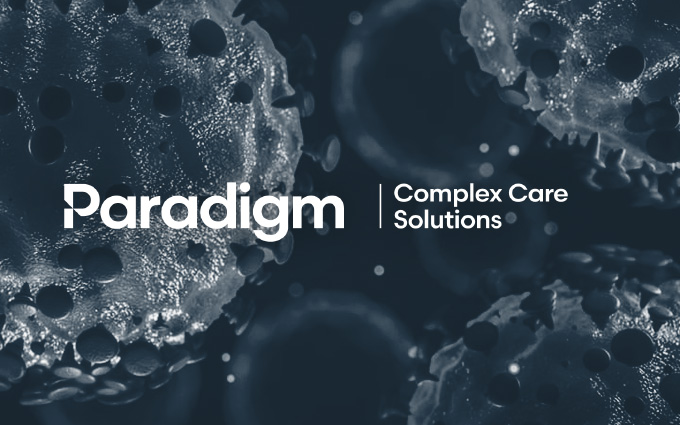03/23/2020

Since the beginning, Paradigm has had a singular goal: improve the lives of severely injured workers as they and their families face incredible health and life challenges. Our case management teams are on the front lines working tirelessly to support injured workers with the highest levels of clinical expertise and resources available, which is critical as we navigate through the COVID-19 pandemic.
During this time, we have implemented additional training, tools and support for our Complex Care Solutions Field Case Managers to assess injured worker risk of COVID-19, as well as established new protocols for how to best support injured workers throughout the COVID-19 situation. As part of our responsibility to the injured workers we serve, as well as our clients, colleagues, and communities, we are sharing an overview of the Paradigm best practices our case managers will use to support injured workers during this challenging time.
Overall Injured Worker Support & Wellness
It’s vital for case managers to remain informed on the latest information and guidance provided by the federal and local governments. If a case manager is asked questions from injured workers or their families regarding COVID-19 that fall outside of treatment concerns, our case managers will utilize the CDC website as an optimal reference point.
Paradigm Case Managers will:
Physicians & Appointments
Paradigm case managers will work to stay informed of the status of physician and provider offices in order to provide injured workers and their families up-to-date guidelines regarding upcoming appointments and treatment options. They will remain in close contact with injured workers regarding any changes or updates to facility policies.
Paradigm Case Managers will:
Medication
Paradigm case managers will work to ensure that injured workers do not experience disruptions in their medication regimen.
Paradigm Case Managers will:
Surgery
It is inevitable that some surgical procedures may be delayed while physicians and facilities are meeting the demands of the COVID-19 situation. If a Paradigm case manager finds one of their injured workers with a delayed or rescheduled surgery, they will communicate the changes quickly and clearly so that all parties understand the altered treatment plan.
Paradigm Case Managers will:
Return-To-Work
Some employers will experience extreme changes to their business during the COVID-19 crisis, which may impact an injured worker’s return to work situation. Paradigm case managers will explore alternate options if an injured worker is affected.
Paradigm Case Managers will:
Physical Therapy
An injured worker in physical therapy might experience a disruption in therapy services due to COVID-19. If an interruption in physical therapy occurs, Paradigm case managers will determine how their recovery may be affected, and if any alternate options are available.
Paradigm Case Managers will:
Diagnostics
It is inevitable that regularly scheduled diagnostics may be cancelled or postponed, due to the lack of available providers and/or facilities.
Paradigm Case Managers will:
Assessment of Injured Workers with High Risk Related Files
Paradigm case managers will proactively review open files to assess if injured workers meet the criteria to be considered a high-risk as related to COVID-19. If one meets any of the high-risk categories, the case manager will initiate a conversation with the injured worker and the customer to determine if essential appointment attendance is warranted versus staying home.
As always, our highest priority is to serve injured workers and their families to deliver the best possible outcomes. While we all adjust to our new normal during this unprecedented global health crisis, we are committed to giving our full support to injured workers to help restore their health, their spirit, and their hope for a brighter future. We welcome your follow-up questions, feedback, and suggestions by contacting complex@paradigmcorp.com. We are in this together.